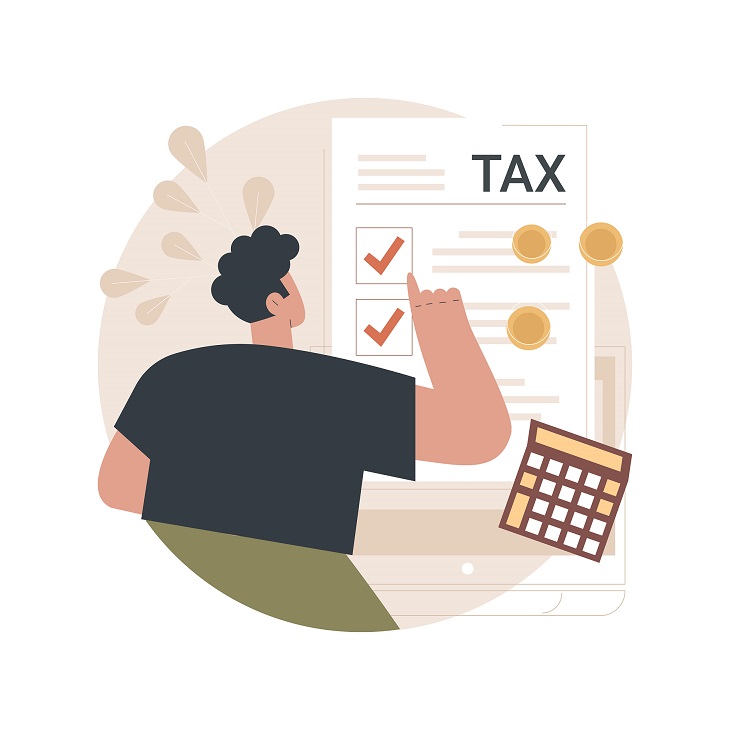Pay Stub Disputes: How to Resolve with Employers
Understanding Pay Stub Disputes
A pay stub is more than just a record of wages—it is proof of how an employee’s compensation is calculated. When the numbers do not align with expectations, pay stub disputes arise. These disputes can involve unpaid wages, unexplained deductions, or incorrect tax withholdings. Many disputes stem from simple human error, while others may indicate systemic payroll issues.
Employees should familiarize themselves with payroll processes, what information must appear on a pay stub, and their legal protections. Employers, on the other hand, must recognize that even minor errors can impact employee trust and satisfaction. For official labor guidance, visit the U.S. Department of Labor.
Common Reasons for Pay Stub Disputes
- Incorrect Wages: Wrong hourly rate or salary payments.
- Overtime Miscalculations: Errors in recording or calculating overtime.
- Unclear Deductions: Healthcare, retirement, or other deductions not properly explained.
- Tax Errors: Incorrect federal, state, or local tax withholdings.
- Unpaid Benefits or Bonuses: Missing commissions, tips, or promised bonuses.
Most of these issues can be avoided by using reliable payroll systems and tools like our pay stub generator or regular pay stub templates.
Impact of Pay Stub Disputes on Employees
Beyond financial inconvenience, pay stub disputes can have long-lasting effects. Employees may experience stress, reduced morale, and distrust toward management. Financial planning becomes difficult if precise wage records are unavailable for budgeting, loans, or tax filings. Repeated payroll errors can also lead to higher turnover rates, which impacts employers.
Steps to Resolve Pay Stub Disputes with Employers
Step 1: Review Your Pay Stub
Carefully examine your pay stub. Identify discrepancies in gross pay, overtime, deductions, or net pay and compare with prior stubs and your employment agreement.
Step 2: Gather Evidence
Collect supporting documents like timecards, contracts, or previous pay stubs to strengthen your case.
Step 3: Communicate Clearly
Approach HR or payroll staff politely, presenting evidence to show where the issue occurred. Clear communication often resolves disputes quickly.
Step 4: Document Everything
Keep copies of all communications, including emails and written responses. This documentation is crucial if escalation is necessary.
Step 5: Follow Up Consistently
Consistent follow-up demonstrates seriousness and encourages timely action from management.
Know Your Legal Rights
Employees are legally entitled to accurate wage statements. Labor laws require pay stubs to list hours worked, gross wages, deductions, and net pay. If employers fail to comply, they may face penalties. Unresolved disputes can be escalated to labor boards, government agencies, or courts. For more information, visit the DOL Wage and Hour Division.
The Importance of Documentation
Maintaining accurate records of pay stubs, contracts, and hours worked is essential. Employees can prove discrepancies, while employers protect themselves from false claims. Tools like regular pay stubs ensure reliable and consistent documentation for both parties.
Using Digital Tools to Prevent Disputes
Adopting digital payroll solutions is one of the best ways to prevent pay stub disputes. Automated systems eliminate manual errors and accurately calculate wages, overtime, and deductions. Online tools like the pay stub generator are particularly valuable for small businesses without dedicated payroll staff. These tools create professional stubs in minutes, maintaining accurate records and reducing conflicts.
Best Practices for Employers
- Provide detailed pay stubs with clear deduction explanations.
- Train payroll staff on compliance and accuracy.
- Use automated payroll tools to minimize human error.
- Encourage open communication with employees about wages and benefits.
- Regularly audit payroll systems to catch mistakes early.
When to Seek Professional Help
If disputes cannot be resolved internally or payroll errors are repeated, employees should consult a labor lawyer or contact local employment authorities. Employers also benefit from resolving disputes quickly, as prolonged conflicts can lead to costly legal challenges.
Conclusion
Pay stub disputes can be resolved with patience, documentation, and clear communication. Understanding common causes, knowing your rights, and using reliable payroll tools ensures accurate earnings and builds trust. Digital solutions like pay stub generators and regular pay stubs prevent errors before they occur, saving time and strengthening workplace relationships.

